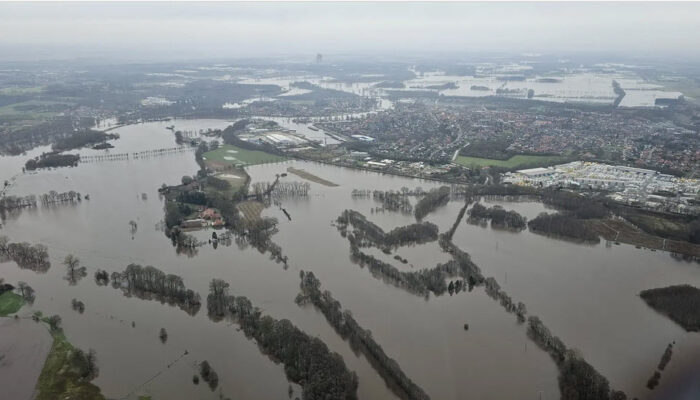With the General Assembly of the European Geosciences Union (EGU) in Vienna (April 14-19) approaching fast, it’s time to assemble the new team to represent Early Career Scientists (ECS) of the Hydrological Sciences Division! We’re looking for a new ECS representative, as well as team members to coordinate social media, our newsletter, online campfires, and to join our fantastic blog team led by B ...[Read More]
Meet the Hydrological Sciences (HS) Early Career Scientist (ECS) Team
Who Are We? At the forefront of hydrology’s fascinating world, there is a dynamic group of young scientists passionate about understanding the complexities of water in all its forms: The HS Early Career Scientists (ECS) from the European Geosciences Union (EGU). The HS ECS team is a heterogeneous, multidisicplinary and devoted group of passionate individuals from diverse geographical locations wo ...[Read More]
Do-It-Yourself (DIY) in Geoscience Miniseries – Part 2: Sensors & Electronics
As a child, I was a huge fan of LEGO. I would spend hours building and creating structures, vehicles and landscapes. For every birthday & Christmas, I wished for the newest sets of these colorful plastic bricks. While building the sets manually was fun, creating something new from my own fantasy was even better. It seemed like once I had a substantial amount of different bricks, combination po ...[Read More]
Communicating science to the public – an example after the recent floods in Germany
After the wet December 2023, the year 2024 started with widespread flooding in parts of Europe. Flooding during winter times is not unusual but brings particular challenges in terms of spatial extent, and the impact on people can be exacerbated when flooding comes with very low temperatures. The exceptionally wet and warm winter necessarily triggers questions from the public about how this links t ...[Read More]




